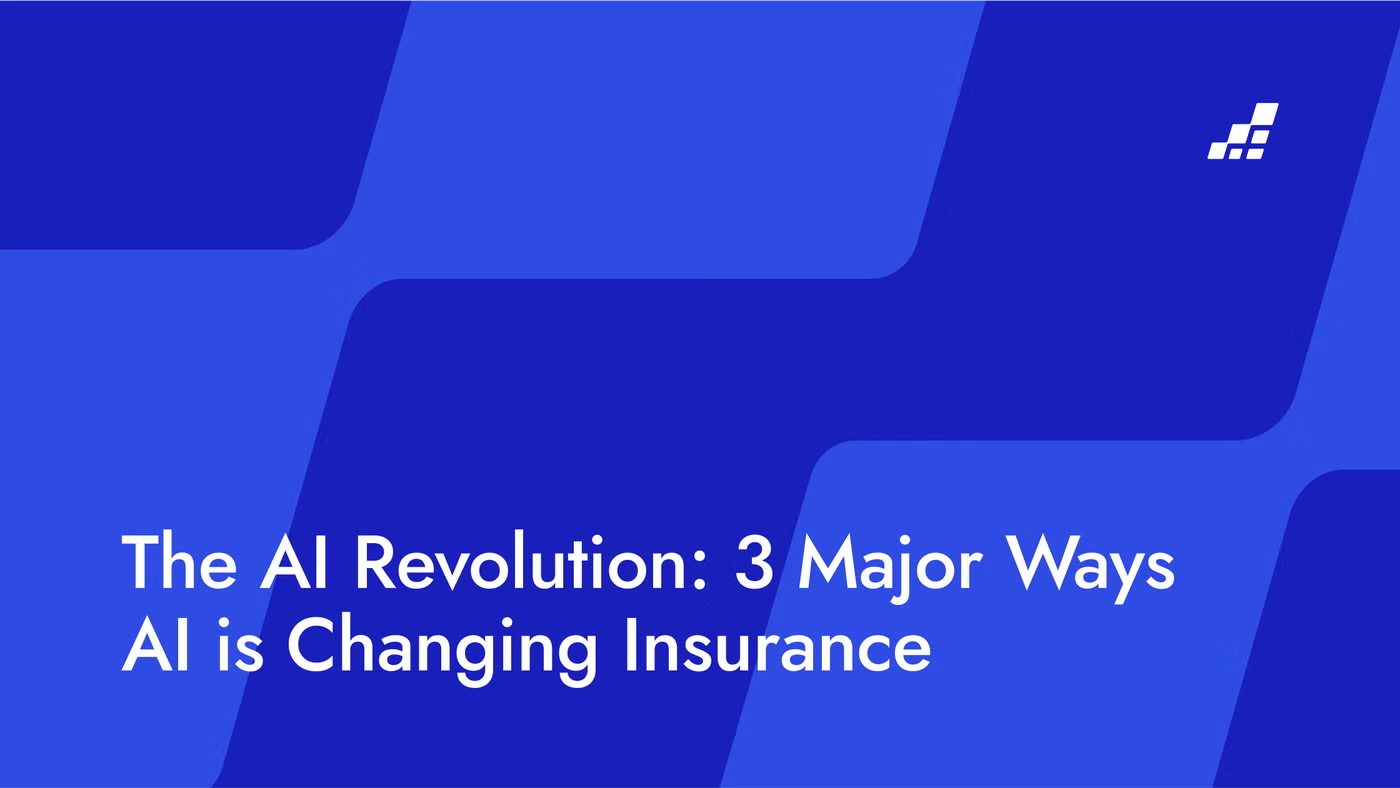- /
- Blog
The AI Revolution: 3 Major Ways AI is Changing Insurance

Artificial Intelligence (AI) is revolutionizing the insurance industry, changing the game for audit, tax, and financial control professionals alike. AI is more than just a buzzword—it’s enhancing efficiency, reducing errors, and bringing much-needed innovation to the traditionally steady world of insurance.
In this article, we’ll explore three major ways AI is making waves in the insurance industry.
Three Major Ways AI is Changing Insurance
Before we dive deeper, let’s share a stat: did you know that 90% of partners plan to prioritize budgets for AI technologies in the next 12 months? If you’re still questioning whether AI is making its mark on the insurance sector, that stat should put any doubts to rest—90% is a strong signal!
In recent years, there’s been a clear shift in mindset toward embracing technology as a strategic investment. Insurance firms aren’t just dabbling in AI—they’re fully committing to it. Let’s break down why this is happening and what it means for the future of insurance.
Staying Competitive
AI helps automate routine tasks—whether it's policy administration, tax preparation, claims processing, or data reconciliation—freeing up professionals to focus on the more complex, high-value areas of their roles. This shift means insurance firms can deliver deeper insights and more strategic advice to clients, which is a win-win all around.
But wait, there’s more! AI also empowers professionals in insurance firms to be proactive about regulatory requirements. Instead of just reacting to regulatory changes, they can anticipate them, ensuring compliance with ease.
AI-driven tech helps firms identify anomalies and trends in financial and tax data more effectively, leading to audits and reports that keep clients confident and engaged.
Employee Retention and Satisfaction
Here’s a fun fact: 80% of audit and finance professionals say they’d be more likely to stay at a firm that embraces AI initiatives. This shows how AI can improve job satisfaction by removing mundane tasks and giving employees more time for the exciting parts of their roles—like financial forecasting, tax strategy development, and risk analysis.
AI is transforming the workplace by taking over the repetitive stuff, allowing insurance professionals to focus on the more rewarding aspects of their jobs. This not only boosts morale but also enhances the accuracy and reliability of financial data—critical for ensuring compliance with regulations like IFRS 17 and Solvency II. With AI handling the routine work, employees have more opportunities for professional development and can enjoy a better work-life balance—essential in the high-pressure environment of the insurance industry.
Insurance firms that embrace AI are viewed as forward-thinking and innovative, which is key to attracting top talent in such a competitive field. In today’s market, adopting AI isn’t just an advantage—it’s a necessity.
Improving Trust
Trust is everything in insurance. It ensures accurate financial reporting, compliance with tax and regulatory requirements, strong client relationships, and effective risk management. AI boosts trust by improving accuracy and transparency across teams.
84% of audit and finance professionals believe AI will empower them, not replace them. Empowered means getting the tools needed to enhance their skills and outputs. As professionals become more adept at using AI, their credibility grows, and their reputation for reliability strengthens, making others in the firm trust them more.
AI also boosts trust by improving transparency across internal audit, tax, and financial control teams. This means everyone—from junior staff to partners—can rely on the financial data and the consistency of methods used across teams, creating a cohesive and trustworthy environment.
AI: Here to Take Part, Not Here to Take Over
Simply put, AI is transforming the landscape of insurance firms. It’s not just about speeding things up and reducing errors; it’s about improving team morale, job satisfaction, and attracting and retaining top talent. And here’s the kicker: if you’re not hopping on the AI train, you’ll soon find yourself falling behind your competitors.
That said, AI is here to support—not replace—the expertise of internal audit, tax, and financial control professionals. It enhances the work and role of these professionals by making data analysis and routine tasks more efficient, but it can’t replace the judgment and insight that only human experts bring. Those professional qualities remain essential and irreplaceable.

.png?width=600&quality=70&format=auto&crop=16%3A9)
.png?width=600&quality=70&format=auto&crop=16%3A9)